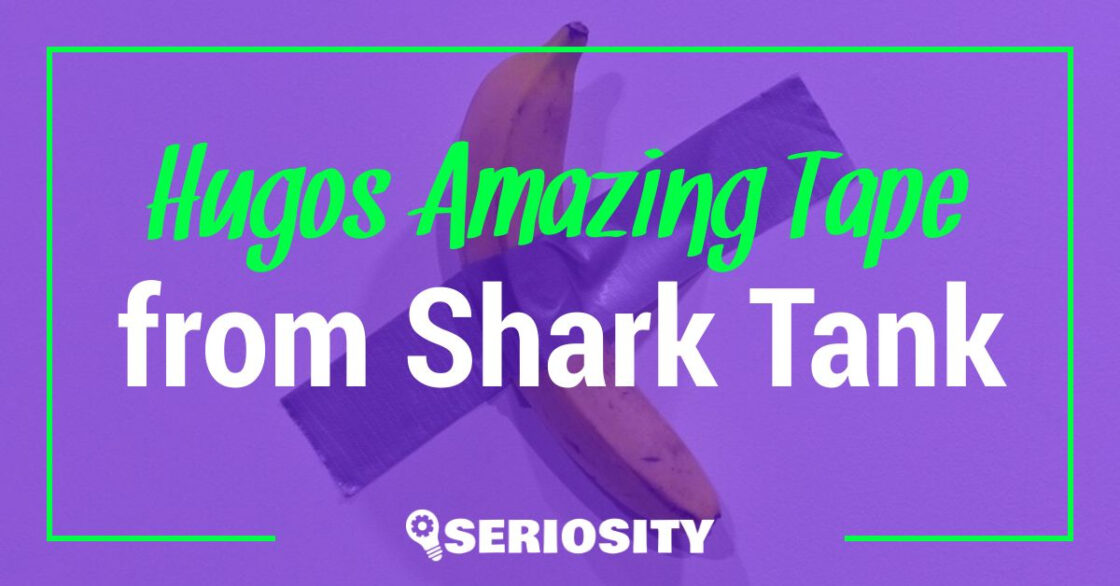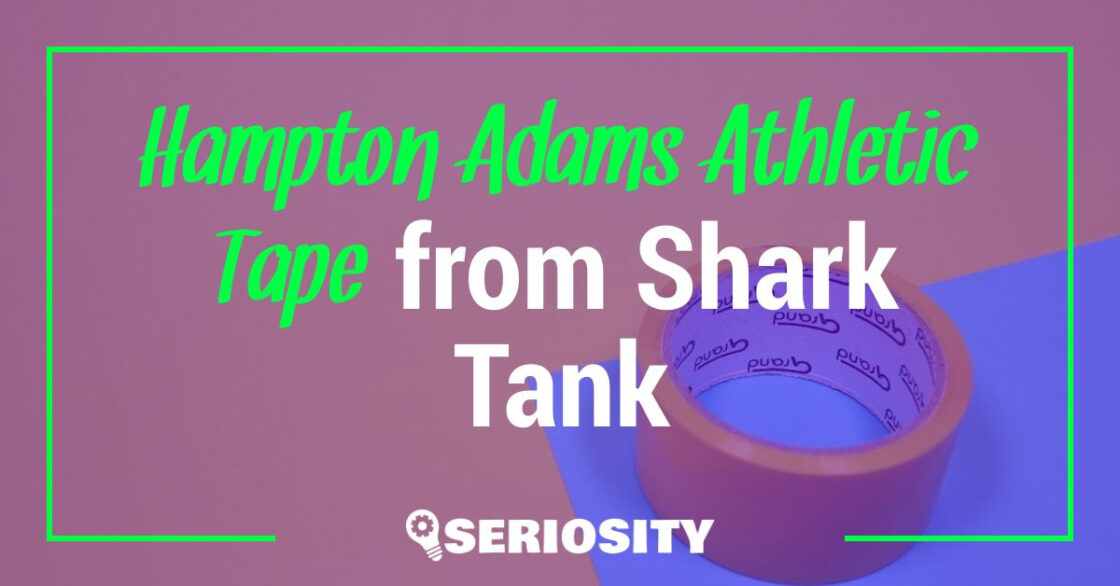ValPark is an app that customers can use to manage, locate, and pay for valet services when parking their vehicles at places like hotels, nightclubs, restaurants, and garages.
The app does not charge you anything, and provides free-of-cost solutions for your parking needs. Without using credit cards or cash, you can easily locate, book, and pay for your parking space. The app also offers a ‘Valet Parking’ feature, where you only have to enter your name and register a parking spot. The parking attendant will identify you and be aware that you have already made your payment directly through the ValPark app.
Currently, the app is only available on iTunes.
Wayne Johnson, a Washington D.C resident created ValPark back in 2012, in order to help his fellow D.C residents find suitable parking spots.
The ValPark website has a comprehensive list of all the parking spots in the Washington D.C region. Not only can you use the app to park your car, but you can also turn to it once you want the valet to return your car.
The idea behind ValPark is to use technology to provide a simpler solution to an everyday problem. The app made its way to iTunes in 2013, and quickly became a hit. During the first month of its launch, ValPark was downloaded over 5,000 times.
Is ValPark Still an Active Business?
The ValPark mobile app is no longer operational, and cannot be found on the app store. The business website, too, seems to have gone defunct.
In 2016, ValPark decided to shut down its business, as the owners were no longer seeing a future for the business.
How Did the Shark Tank Pitch Go?
Wayne Johnson made his Shark Tank debut during the third episode of season seven. He was seeking an investment of $300,000, in exchange for a 20% stake in ValPark – a company valuation of $1.5 million.
He begins his pitch by explaining the business narrative and showing the usefulness of his software. He tells the Sharks that the app is now available in 115 locations throughout the country.
Wayne says that he has partnered with his friend who owns various parking companies. The company has a 48-52 split, with Wayne having the majority. Until then, he had invested $100,000 of his own money into the business.
Last year, ValPark made $270,000 in sales. The company charges an 8.5% convenience fee from the users.
This year, continues Wayne, the business had added a new income model: the customers would be charged a 15% convenience fee, and the credit card fee would be split with the venues that have partnered with ValPark. In return, each venue would pay ValPark a monthly subscription charge of $49.
Mark is the first to speak up, and wants to know how Wayne plans to scale this business. He says that every region has that one big player who dominates the valet parking domain. Kevin says that Wayne should encourage his partner to start penetrating into every city.
Troy says that tech is about copycats and that, the second that ValPark starts to pick up, there would be a lot of business ready to pounce on its business strategy and application. Troy feels that there is a lot of blood in the water, and therefore, is the first man to step out of the deal.
Mark does not think that the company can grow large enough to warrant a $300,000 investment against a 20% stake. Wayne tries to counter this point by comparing ValPark to Uber. Mark responds that Uber is worth billions of dollars, and can survive off the crumbs based on its brand and value alone. Wayne, however, does not have enough crumbs. Troy chips in, saying that he invested in Uber when the business was restricted to San Francisco. The difference between Uber and ValPark, however, is that the former was looking to target every single market out there, while ValPark is operating within a very narrow niche. Owing to his reservations about the scalability of the company, Mark decides to excuse himself from the deal.
Kevin does not see the valet market being dominated by a single company, so he is out as well. Lori says that she might have wanted to invest against a 30% stake but, since Wayne already has a partner, that would not be the right thing to do. She excuses herself as well.
Daymond sees the value in the app, and feels that it could grow to include gas stations and car washes. However, he is desperate for at least one of Mark and Troy – someone who understands the tech and software – to join him in this deal. If one of them wants to reconsider their decision, Daymond is ready to make a two-shark deal of $300,000 for 20%. Mark does not want in, and Troy thinks that a business owner should be paranoid about other companies ready to ‘eat his lunch’ – something that he was not seeing with Wayne, which is why he would like to stay out as well. Since neither of the Sharks was ready to join Daymond, he was also forced to pull his offer back.
Ultimately, Wayne had to leave the Tank without a deal.
Even though the Shark Tank appearance did fetch some hype and popularity for ValPark, it did not last long. The company closed its operations off shortly after its Shark Tank episode was aired, and even deactivated its social media profiles.
Our Final Thoughts:
To sum up, we believe that ValPark was trying to solve a problem that every person who owns or drives a vehicle has encountered at least once in their lives. The app had a lot of potential, and was very well received on iTunes, with an average rating of 4 stars. Maybe, if Wayne had made his app available for Android users, he may have experienced considerably more growth and probably would not have had to shut the business down.





